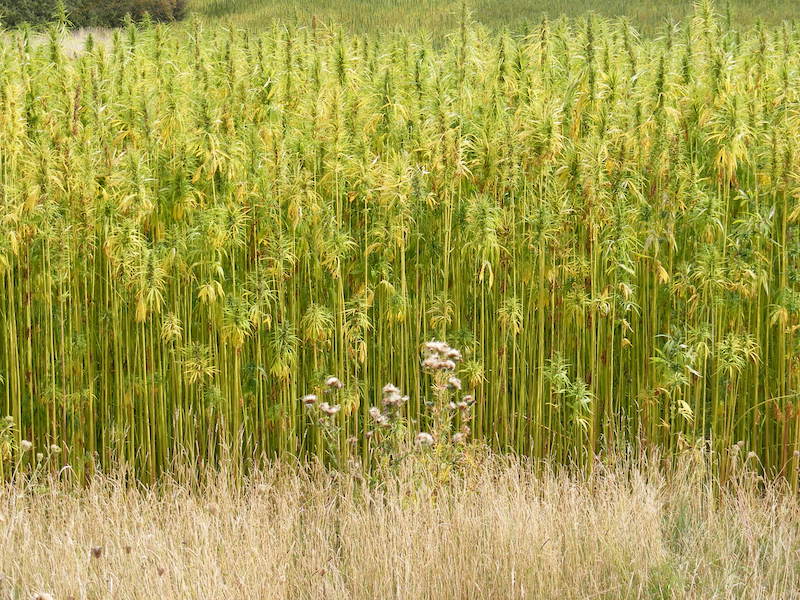Cultivating Awareness About The Expanding, Diverse Market for Hemp


By Beau Whitney, Chief Economist of New Frontier Data
[Editor’s note: Based in Portland, Ore., Beau Whitney recently joined New Frontier Data as senior economist, bringing along diverse and extensive experience in high-tech business operations, political analysis, and the cannabis industry. Last month he attended the annual, two-day NoCo Hemp Conference in Loveland, Colo., which he describes here.]
Having just joined the New Frontier Data team, I welcomed the opportunity to speak at the NoCo Hemp Conference, which drew more than 4,700 attendees to its fourth annual event in Loveland, Colo., (population 73,000). Uncertain what to expect from the outset, my enthusiasm quickly gained steam after meeting Sean Murphy, owner of the Denver-based Hemp Business Journal, and coordinator of the Hemp Summit presentation.
Murphy had the vision of conducting a conference-within-a-conference, and assembled an impressively well-attended collection of 150 attendees to meet experts from the cannabis and hemp industries. The summit featured panel discussions ranging widely among topics including business and economics, to infrastructure, regulations, the influence and obstacles of Big Pharma, and promising opportunities for wellness.
Per usual, by way of introduction for any uninitiated attendees, the program opened by comparing and contrasting the products and potentialities of hemp versus cannabis. The latter is significant, given the market’s recent growth spurt: From 2015 to 2016, according to Murphy’s publication, the total number of hemp acreage planted nationwide jumped from 3,933 to 9,649 acres – a one-year increase of 145.3%.
A number like that draws attention, and in this case the interested parties included not only farmers but subject matter experts (SMEs), business and thought leaders, and entrepreneurs looking either to begin a cannabis business or maximize the offerings from their operations. The diverse community of people led to a great mindshare of knowledge and experience to tap into for getting up to speed.
Among the more salient points and important takeaways:
- There is a huge untapped market in industrial hemp. Ironically, while it is more versatile and broadly accepted than its higher-THC sister, it remains further behind in terms of market growth and potential. And yet:
- The total amount of U.S. hemp sales in 2016 reportedly reached about $625 million, with expectations for that to double, reaching an estimated $1.25 billion by 2020.
- Investment is picking up: Capital raises for hemp have increased by a factor of 25 since 2015. Though the $5 million in capital raises in 2016 were a result of this increase, it represents a small portion of the capital raises within the cannabis market overall.
- Investors are more comfortable on the medical and wellness side of investing, though cannabis investment is shifting closer to plant-touching businesses.
- The lack of hemp-processing infrastructure is inhibiting the growth of the market. A few companies are entering the space, but setting up a processing facility is expensive.
- Farming in terms of total acreage in the United States is increasing (approximately 10,000 acres in 2016) but farmers are having difficulty establishing fully viable markets for their products (though brokers, wholesalers and online marketplaces are emerging to fill the gaps and deliver products to the marketplace).
- Data analytics is an emerging area in cannabis, though at this stage in the evolution of the hemp industry, total market estimates, total revenues, the number of hemp related jobs and the overall economic impact of hemp are difficult data points to reliably assess.
- The hemp industry is legitimate, but while gathering strength throughout its nascent stages is still trying to define its identity. Many discussions addressed angles regarding how best to coexist with cannabis or Big Pharmaceuticals, versus how to stand alone as an industry.
- Hemp remains (no pun intended) a grass roots movement, but events like the Hemp Summit are symptomatic of an industry establishing its legitimacy, and of re-establishing hemp as a significant market force in the U.S. economy looking forward.
As encouraging as those numbers are, I drove out of Loveland even more inspired by the individuals whose entrepreneurial spirit rounded them out; it remains hard to imagine the quantum leap still to be made from drawing up plans to depositing eventual market dividends, but the vision and execution of those involved suggest more days of blue skies ahead.


Beau Whitney
Beau Whitney is the Senior Economist for New Frontier Data. Whitney has a unique blend of high tech business operations skills, economics and pollical analysis, as well as cannabis industry experiences.
While at Intel and TriQuint Semiconductor, Whitney honed his business operations skills associated with quickly ramping products from low volume to high volume. This is a skill he has since transferred to the cannabis industry. He is the former chief operations officer and compliance officer of one of the largest vertically integrated, publicly traded cannabis company in North America. His experiences incorporated growing, extraction, edible manufacturing and wholesale and retail distribution operations.
As an economic and policy analyst, his Whitney Economics white papers analyzing the cannabis market have been referenced in Forbes Magazine, USA Today, as well as in cannabis industry publications and across the Associated Press wire. Whitney has provided policy recommendations at the state and national levels and is considered an authority on cannabis economics.


